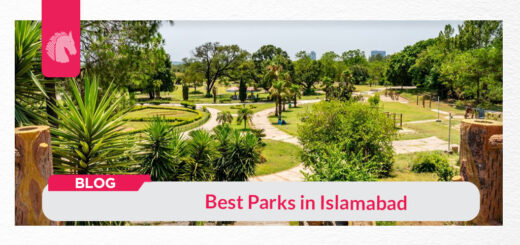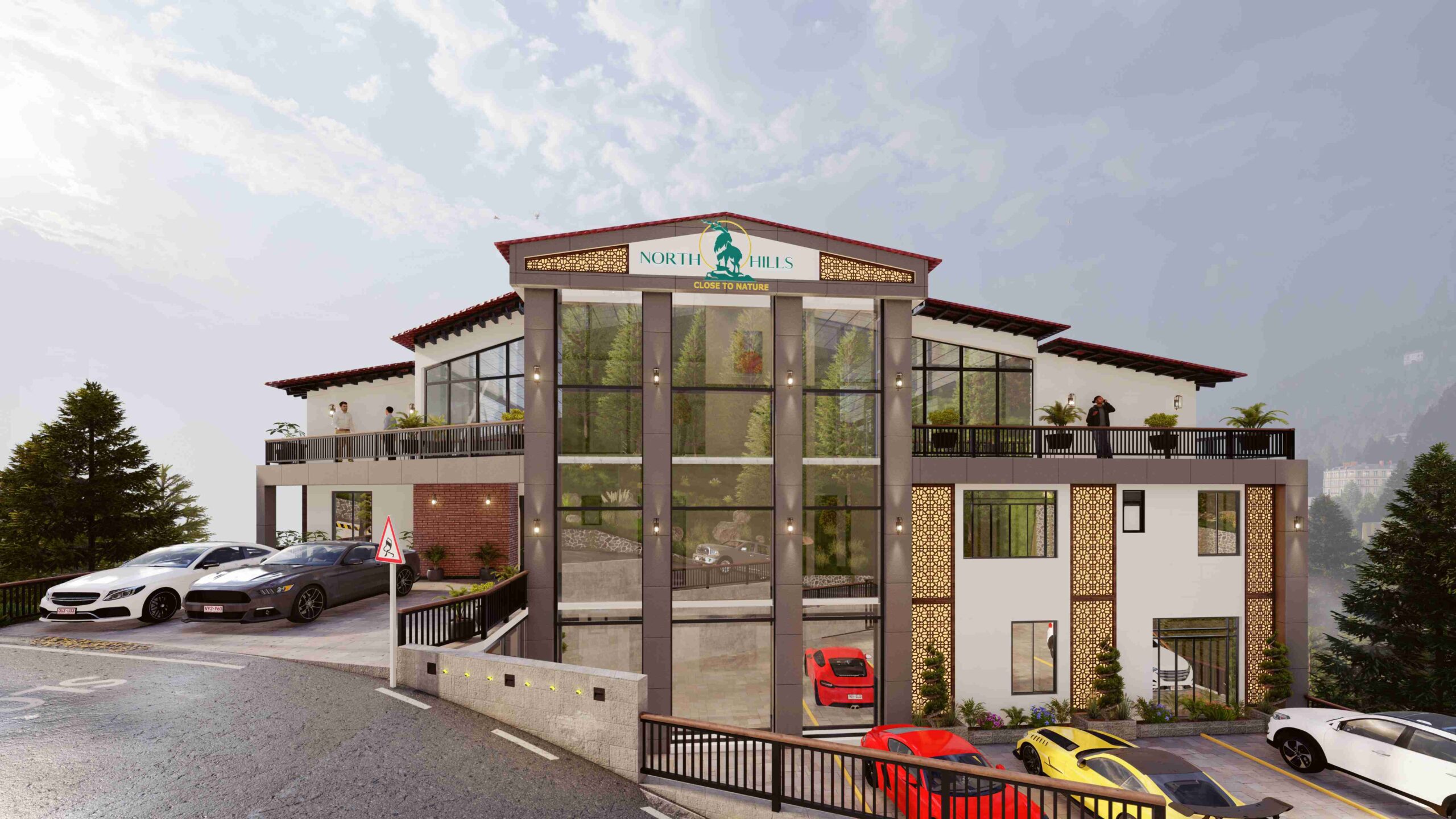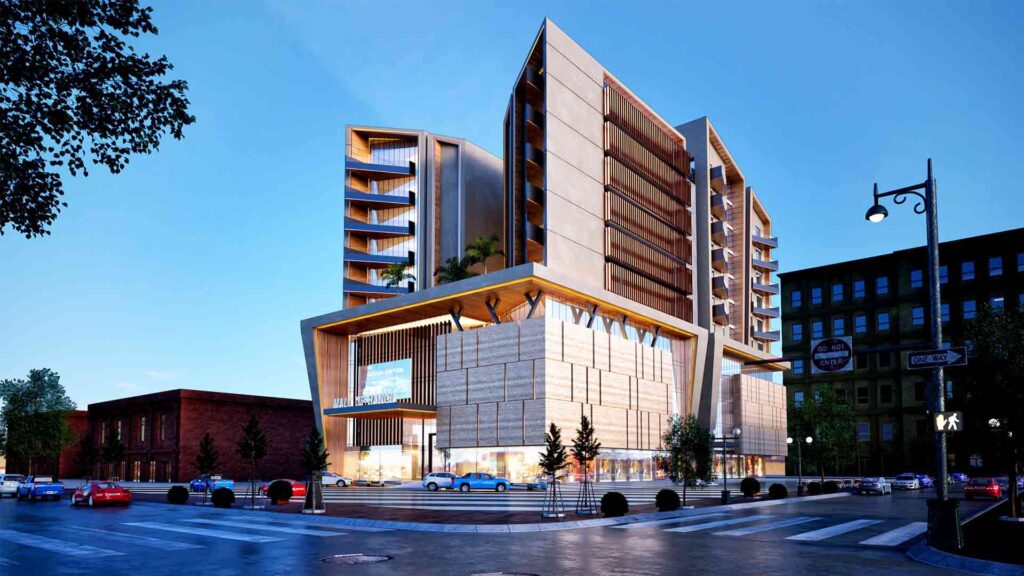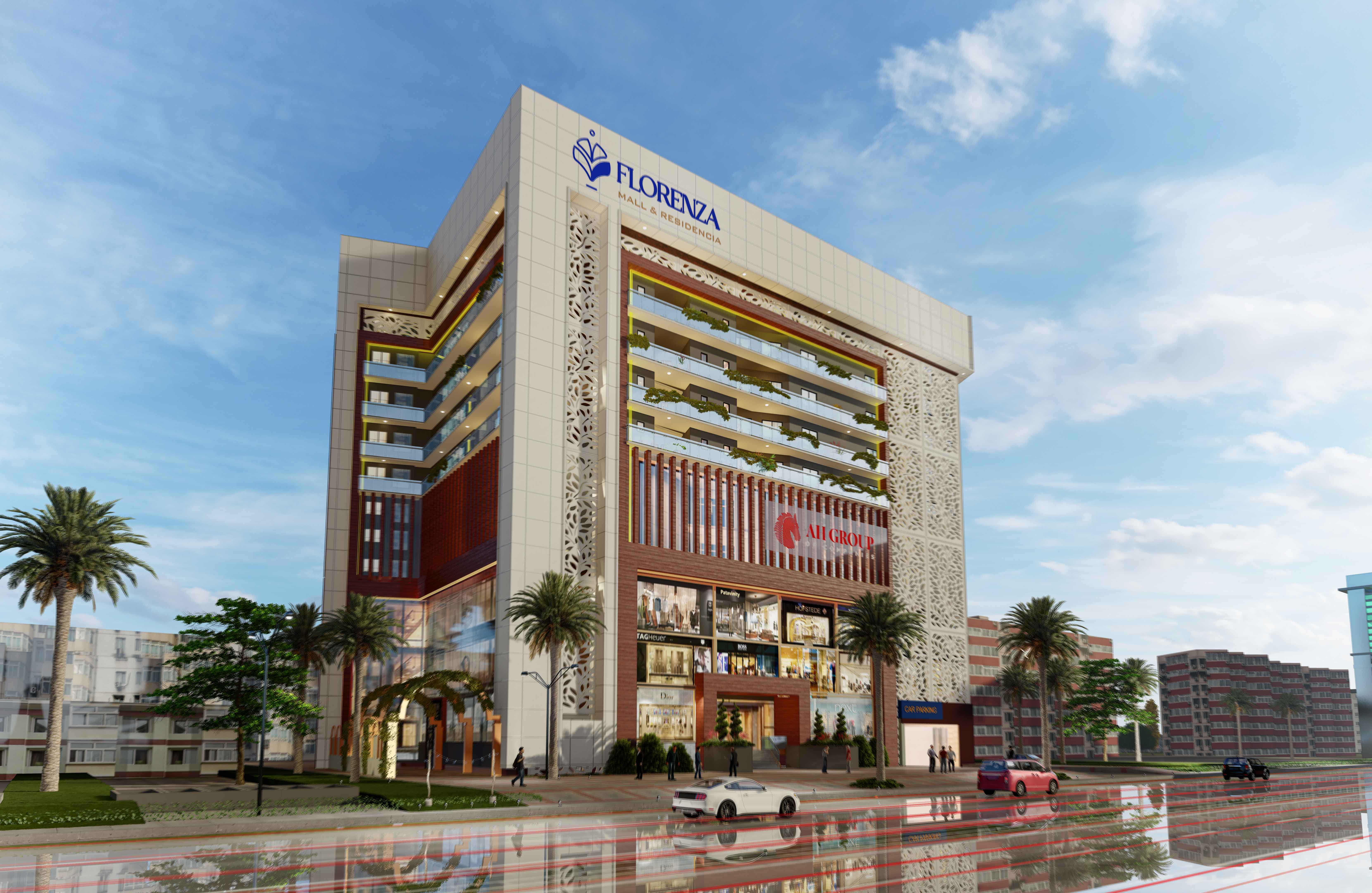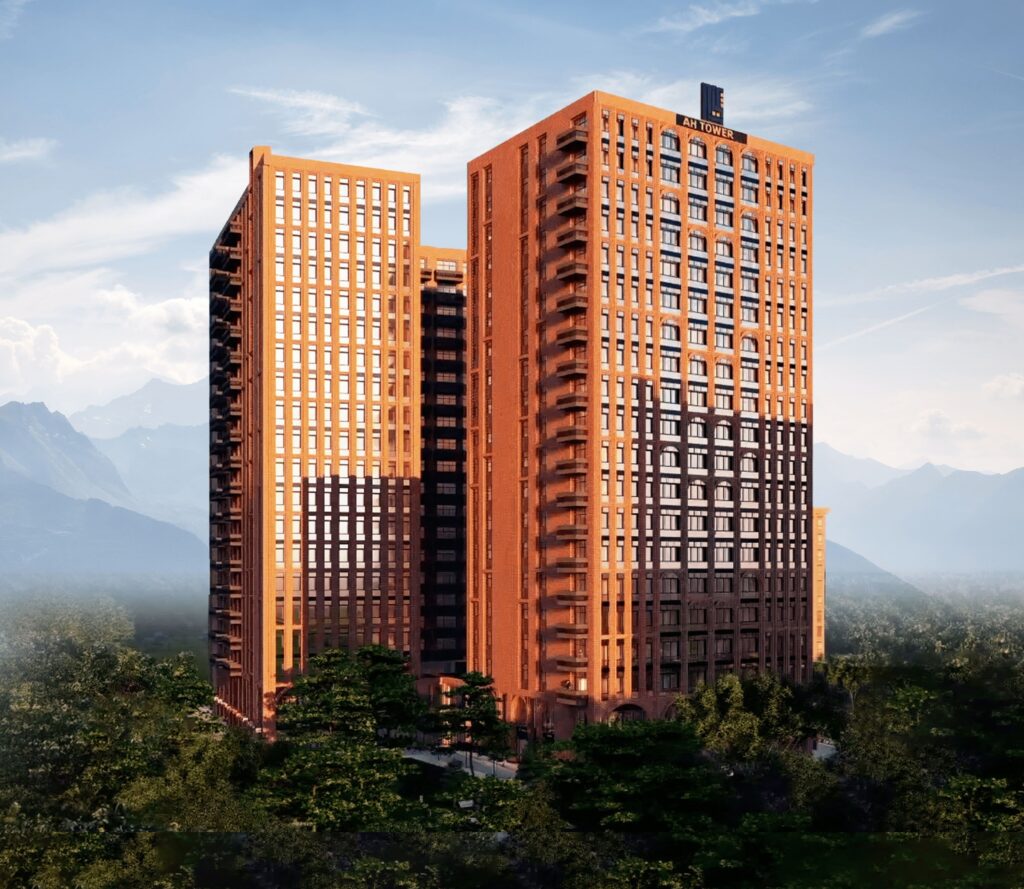Exploring Islamabad: A Guide to the Capital of Pakistan
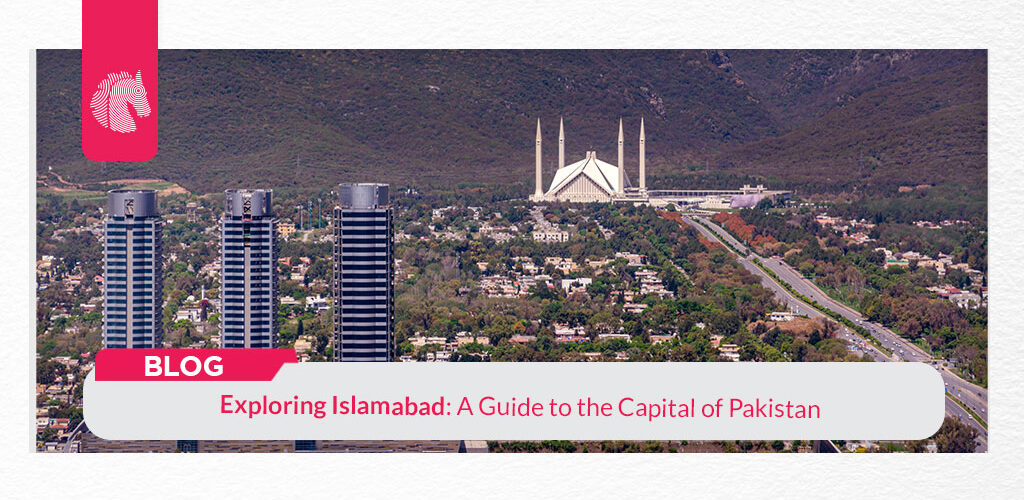
Islamabad, the capital city of Pakistan, is a vibrant and dynamic metropolis nestled in the Margalla Hills. Known for its stunning landscapes, well-planned infrastructure, and rich cultural heritage, Islamabad offers visitors a unique blend of modernity and tradition. In this comprehensive guide, we will delve into the key attractions, historical landmarks, cultural experiences, and culinary delights that make Islamabad a must-visit destination.
Islamabad Capital Territory, located on the Pothohar Plateau of the northern Punjab region, is considered one of the earliest sites of human settlement in Asia. Some of the earliest Stone Age artifacts in the world have been found on the plateau, dating from 100,000 to 500,000 years ago. Rudimentary stones recovered from the terraces of the Soan River testify to the endeavours of early man in the interglacial period. Items of pottery and utensils dating back to prehistory have been found.
Excavations by Dr. Abdul Ghafoor Lone reveal evidence of a prehistoric culture in the area. Relics and human skulls have been found dating back to 5000 BCE that indicate the region was home to Neolithic peoples who settled on the banks of the Swaan River, and who later developed small communities in the region around 3000 BCE.
The Indus Valley civilization flourished in the region between the 23rd and 18th centuries BCE. Later the area was an early settlement of the Aryan community which migrated into the region from Central Asia. Many great armies such as those of Zahiruddin Babur, Genghis Khan, Timur and Ahmad Shah Durrani crossed the region during their invasions of the Indian subcontinent.In 2015–16, the Federal Department of Archaeology and Museums, with the financial support of National Fund for Cultural Heritage, carried out initial archaeological excavations in which unearthed the remains of a Buddhist stupa at Ban Faqiran, near the Shah Allah Ditta caves, which was dated to the 2nd to the 5th century CE.
I. Exploring the City’s Key Landmarks:
Landmarks hold significant importance as they serve as symbols of a city’s identity, history, and culture. These iconic structures or sites become focal points for locals and attractions for tourists, helping to promote tourism and economic growth. Landmarks often have historical or architectural value, representing the heritage and achievements of a community. They create a sense of pride and belonging among residents and serve as gathering places for events and celebrations. Landmarks also contribute to the preservation of cultural heritage, acting as reminders of the past and offering educational opportunities for future generations.
- Faisal Mosque: Start your journey with a visit to the iconic Faisal Mosque, one of the largest mosques in the world. Its stunning modern architecture, vast courtyard, and peaceful ambiance make it a significant religious and architectural landmark.
- Pakistan Monument: Located at the west viewpoint of the Shakarparian Hills, the Pakistan Monument is a tribute to the country’s rich history and culture. The monument’s unique design represents the diversity and unity of Pakistan’s provinces, making it a must-visit site.
- Lok Virsa Museum: To delve into Pakistan’s cultural heritage, visit the Lok Virsa Museum. It showcases a diverse collection of traditional handicrafts, folk art, music, and costumes, providing visitors with insights into the country’s cultural diversity.
II. Natural Wonders and Outdoor Activities:
Natural wonders play a crucial role in our lives as they provide us with awe-inspiring beauty, tranquility, and a connection to the natural world. They remind us of the vastness and diversity of our planet, fostering a sense of wonder and appreciation for the Earth’s natural processes. Natural wonders also offer opportunities for recreation, relaxation, and adventure, contributing to our physical and mental well-being. Furthermore, they serve as habitats for diverse plant and animal species, preserving biodiversity and ecological balance. Preserving and experiencing natural wonders is essential for our own enrichment, environmental consciousness, and the sustainable future of our planet.
- Margalla Hills: Embrace the breathtaking beauty of nature by exploring the Margalla Hills. The hills offer numerous hiking trails, viewpoints, and picnic spots where you can enjoy panoramic views of Islamabad and its surroundings.
- Rawal Lake: Adjacent to the Margalla Hills, Rawal Lake is a tranquil retreat for nature lovers. You can enjoy boating, bird-watching, or simply take a leisurely stroll along the lake’s shores, savoring the serenity of the surroundings.
- Daman-e-Koh: Located atop the Margalla Hills, Daman-e-Koh offers a panoramic view of Islamabad and the lush greenery below. This viewpoint is an ideal spot to witness mesmerizing sunsets or enjoy a cup of tea at the nearby café.
III. Historical and Architectural Marvels:
Architectural history holds immense importance as it provides us with a profound understanding of human civilization, cultural development, and societal values. It offers insights into the evolution of architectural styles, construction techniques, and design principles across different time periods and regions. By studying architectural history, we can appreciate the achievements of past civilizations, learn from their successes and failures, and preserve our architectural heritage. Additionally, it helps us contextualize contemporary architecture, inspiring innovation while maintaining a connection to our roots. Understanding architectural history fosters a sense of identity, promotes cultural appreciation, and contributes to the preservation and sustainable development of our built environment.
- Taxila: Embark on a day trip to Taxila, an ancient city just outside Islamabad. This UNESCO World Heritage Site boasts ruins dating back to the Gandhara civilization and provides insights into Pakistan’s ancient history.
- Saidpur Village: Discover the charm of Saidpur Village, a historic neighborhood that has been beautifully restored. Its narrow streets, ancient temples, and colorful buildings create a picturesque setting, perfect for exploring traditional crafts and enjoying local cuisine.
IV. Cultural Experiences:
Cultural experiences are of paramount importance as they provide a deeper understanding and appreciation of the diverse traditions, customs, and values of a particular society. Engaging in cultural experiences allows individuals to broaden their perspectives, foster empathy, and promote intercultural dialogue and respect. It facilitates the preservation and promotion of cultural heritage, creating a sense of identity and pride among communities. Moreover, cultural experiences enhance personal growth, promote tolerance, and contribute to the overall enrichment of society by fostering a sense of unity and harmony among people from different backgrounds.
- Pakistan National Council of Arts (PNCA): If you’re interested in the arts, visit the PNCA, where you can enjoy exhibitions, musical performances, and theater shows that highlight Pakistan’s rich artistic traditions.
- Melody Food Street: To experience the culinary delights of Islamabad, head to Melody Food Street. Sample a variety of Pakistani street food, including kebabs, biryanis, and traditional desserts, while soaking in the vibrant atmosphere.
V. Shopping and Souvenirs:
Souvenirs hold great importance as they serve as tangible reminders of cherished memories and experiences. They provide a connection to a specific time, place, or culture, allowing us to relive those moments long after they have passed. Souvenirs symbolize the joy of travel, personal growth, and the exploration of new horizons. They can also be shared with loved ones, acting as gifts that bring a piece of another world into their lives. Souvenirs evoke nostalgia and spark conversations, serving as mementos that preserve the essence of our journeys and remind us of the diverse and beautiful world we have encountered.
- Jinnah Super Market: A popular shopping destination in Islamabad, Jinnah Super Market offers a wide range of clothing, accessories, electronics, and traditional handicrafts. It’s an excellent place to find souvenirs to take home.
- Centaurus Mall: For a modern shopping experience, visit Centaurus Mall. With its high-end international brands, restaurants, and entertainment facilities, it is a favorite among locals and tourists alike.
Conclusion:
Islamabad, with its blend of natural beauty, historical landmarks, cultural experiences, and delicious cuisine, offers a unique and memorable travel experience. Whether you are exploring the city’s architectural marvels, immersing yourself in its rich culture, or indulging in its natural wonders, Islamabad has something to offer every visitor. So, pack your bags, embark on an unforgettable journey, and create lifelong memories in the captivating capital of Pakistan.


